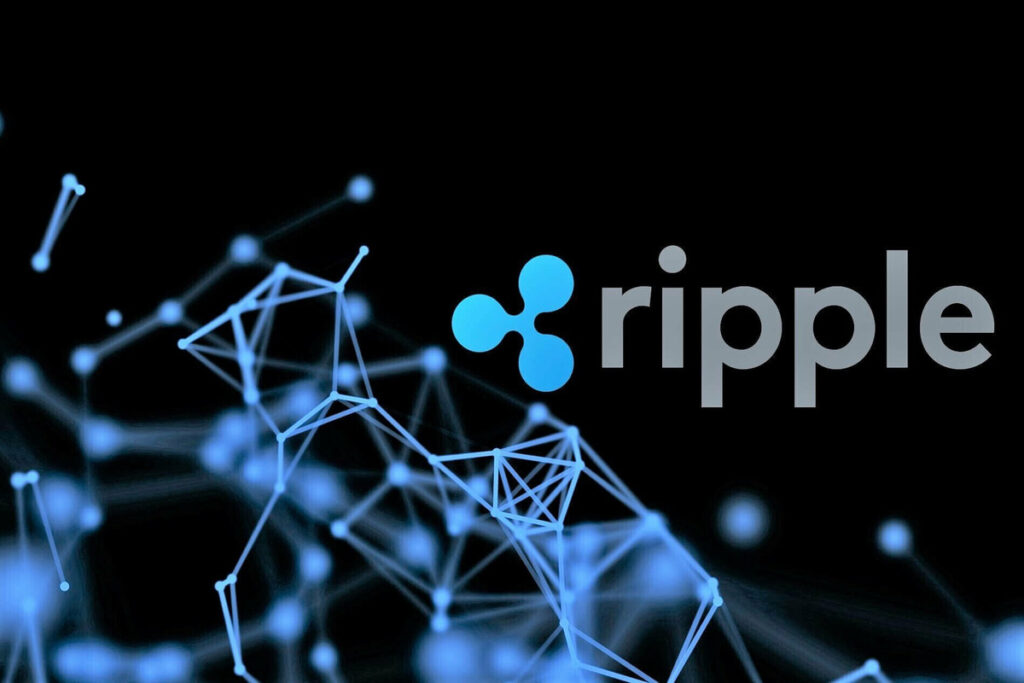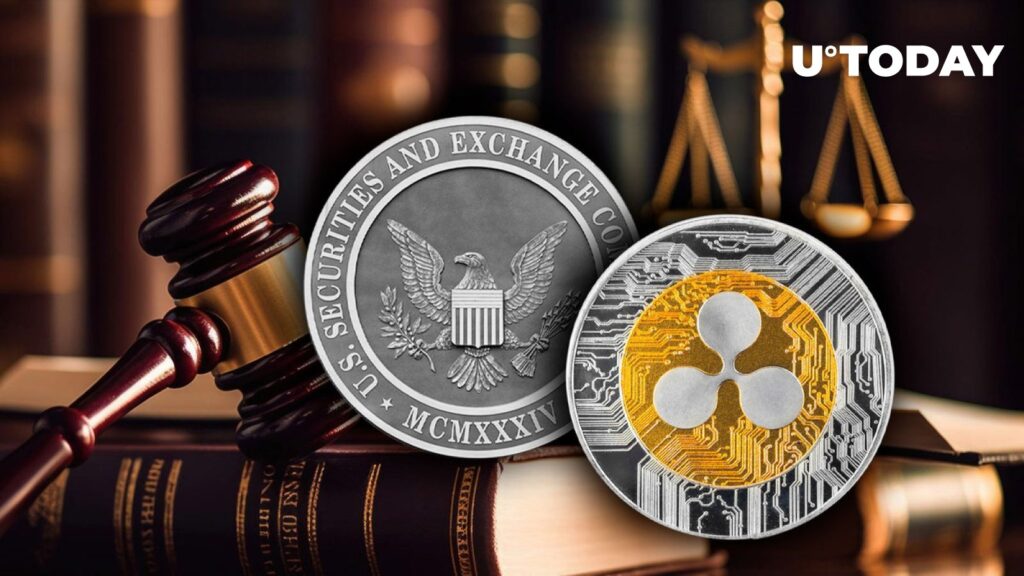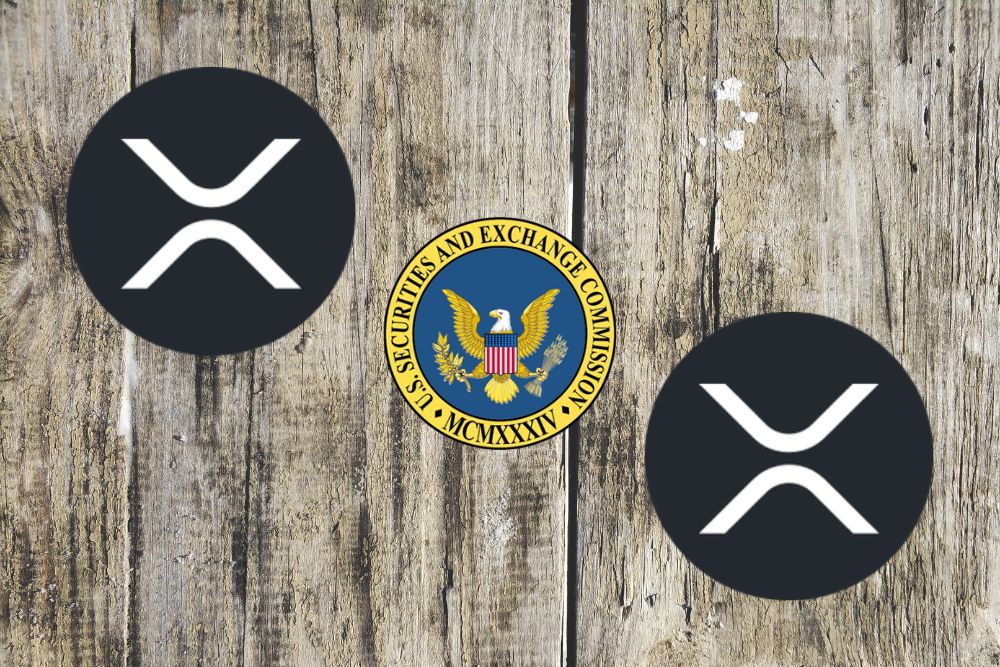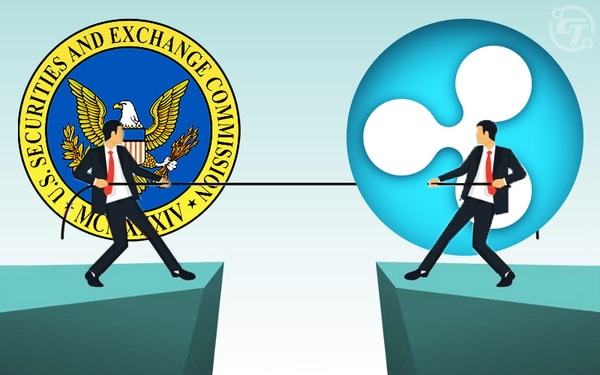In the ongoing legal battle between the United States Securities and Exchange Commission (SEC) and Ripple Labs, a significant development has emerged. Judge Analisa Torres has approved the participation of an investment banker declarant, Andrew A. Kunsak, in the case. This decision aims to prevent the disclosure of sensitive court-sealed information. Ripple had previously objected to a similar instance involving an investment banker declarant from the law firm supporting the SEC’s stance. With this latest development, concerns have been raised for the defendants.
Judge Approves Investment Banker as Declarant in SEC vs. Ripple Legal Battle
In the ongoing legal battle between the United States Securities and Exchange Commission (SEC) and Ripple Labs, Judge Analisa Torres has made a significant decision. She has approved the participation of an investment banker declarant, Andrew A. Kunsak, in the case. This move comes as a means to prevent the disclosure of court-sealed sensitive information. With Judge Torres’s authorization, Andrew A. Kunsak, from Sidley Austin LLP, will now act as an investment banker declarant in the SEC v. Ripple Labs lawsuit.

Ripple’s Objection to Investment Banker Declarant
Ripple, the defendant in the case, had previously objected to a similar instance involving an investment banker declarant from the law firm supporting the SEC’s stance. This objection raised concerns among the defendants regarding the fairness and transparency of the proceedings. However, with the court’s recent decision to approve Andrew A. Kunsak as the investment banker declarant, it remains to be seen how this development will impact the case.
Introduction of Investment Banking Declarant to Tackle Problems
The introduction of an investment banking declarant aims to tackle several problems that have arisen in the case. One of the key issues is related to the SEC’s bid to keep the documents from a speech by former director William Hinman sealed. The court has denied the SEC’s request, asserting that the documents should be made public. By appointing an investment banking declarant, the court hopes to address the concerns raised by both parties and ensure a fair and transparent legal process.

SEC’s Bid to Keep Hinman Speech Documents Sealed
The US securities regulator, the SEC, had sought to seal the documents from a speech given by former director William Hinman. In his speech, Hinman stated that Ethereum’s native token, Ether (ETH), is not a security. This statement contradicted the SEC’s position in its case against Ripple, which alleges that Ripple’s XRP token is a security. The SEC argued that sealing these documents is necessary to maintain transparency and openness within the organization.
Judge’s Rejection of SEC’s Claim to Seal Documents
However, Judge Torres rejected the SEC’s claim and ordered the Hinman speech documents to be made public. This decision was based on the principle of maintaining transparency and fairness in the legal process. While the judge acknowledged the need to protect certain sensitive information, she determined that sealing the documents would not serve the best interests of the case.

Court Orders Hinman Speech Documents to be Made Public
Following Judge Torres’s ruling, the court ordered the release of the Hinman speech documents to the public. However, to ensure the privacy and security of individuals involved in the case, the court granted two other SEC requests. This includes the removal of names and identifying details of SEC experts and XRP investor declarants, as well as personal and financial information of the defendants. The released documents provide insights into the SEC’s internal discussions surrounding Hinman’s speech.
SEC’s Interlocutory Appeal and Motion to Halt Proceedings
In response to the court’s rulings, the SEC filed a motion for an interlocutory appeal. The appeal is regarding Judge Torres’s ruling that the programmatic sales of XRP do not qualify as securities under the Howey Test. The SEC is also seeking to halt the ongoing proceedings until the court addresses its concerns regarding the sealing of Hinman’s documents and the use of an investment banker as a declarant.

Judge’s Ruling on Selling Ripple’s XRP Tokens
In a recent ruling, the US District Court of the Southern District of New York determined that selling Ripple’s XRP tokens on exchanges and through algorithms did not qualify as investment contracts. However, the court found that the institutional sale of these tokens violated federal securities laws. This ruling marked a partial win for Ripple in its battle against the SEC’s allegations of the unlawful sale of XRP tokens as unregistered securities.
SEC’s Motion for an Interlocutory Appeal and Concerns
Following the court’s ruling, the SEC filed a motion for an interlocutory appeal. The appeal seeks to challenge the court’s decision that the programmatic sales of XRP do not qualify as securities under the Howey Test. The SEC also raised concerns about the court’s approval of an investment banker as a declarant. These motions and concerns from the SEC have further complicated the legal proceedings and added another layer of complexity to the case.
Overall, the judge’s approval of an investment banker declarant in the SEC vs. Ripple legal battle is a significant development. It aims to address concerns regarding the disclosure of sensitive information and ensure a fair and transparent legal process. However, the objections and motions from both Ripple and the SEC indicate that the case is far from resolved. The outcome of this legal battle will not only impact Ripple but also have broader implications for the cryptocurrency industry as a whole.

